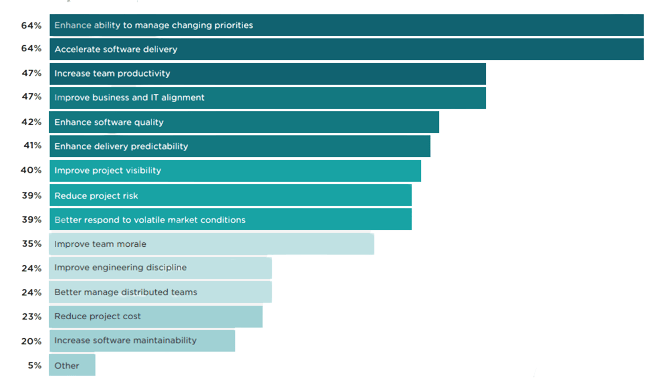Work-Life Balance has never been more called for ever since the global-pandemic having driven a drastic change in the work place. Millions of people having to rapidly adapt to work-from-home amidst others losing their jobs during this period, has led to many a employee realizing the importance of mental health brought about by a better work-life balance in the post-pandemic workplace.
Why is Work-Life Balance Important?
As the popular saying goes “A hungry man is an angry man”, the same applies to a mentally and physically burnt-out person. An overly-stressed employee who has not had the chance to unwind at the end of the workday, and is bound to enter the next work day in an equally stressed working capacity.
As you may have very well realized, when you would have started days with a relaxed mind and body, you had the energy and motivation to effectively get your job done and better engage in the workplace, such as being supportive to your coworkers and pitching in helpful recommendations. On the other hand, when you are having a bad day feeling emotionally drained, you tend to be not so productive doing what you do best.
Having an optimal work-life balance is further emphasized when working as a team. Be it physical labor such as building construction teams or an IT team, a mentally and emotionally unavailable team member affects the productivity of the entire team.
How MBiz Emphasizes A Work-Life Balance Amongst Employees
The team at MBiz Software is constantly encouraged to maintain a healthy social life outside of work where one can explore many other hobbies and activities in addition to an employee’s passion for his work and career. In fact, MBiz strongly discourages employee’s to work outside of their work hours.
6 Ways in which MBiz promotes a work-life balance;
- Remote Work: MBiz empowers their teams by facilitating them to avail the benefits of remote working such as child-care concerns and schedule flexibility, not to mention the savings in commute time and other similar factors.
- Flexible Schedules: Full-time and Part-time employees have been given the opportunity to have flexible schedules to blend in with the practical constraints faced in their day-to-day life. Employees at MBiz stand to experience a good number of benefits due to a flexible work schedule.
- Health Insurance: As an employee-centric organization at its core, providing health insurance to all it’s employees is one such initiative by MBiz Software in ensuring that it’s the well-being of all its employees are prioritized.
- Regular Meetups & Events: In remote working teams it is important that good communication and cooperation between the team members are highly held-up in order for that team to be productive and successful. All the teams within MBiz have regular casual meetups virtually if not physically, in addition to internal games & friendly competitions in order to drive interactivity among co-workers to better help with mental and emotional stress relief in the workplace.
- Intermittent Breaks: At any given time during work hours, MBiz encourages its employees to take a break from the screen to refresh and rejuvenate themselves to help with screen time and overall well-being.
- Health & Well-Being: As important as it is to maintain balanced overall well-being, many people find it difficult to do so due to all sorts of commitments taking up their time and energy. As a responsible employer, MBiz Software provides its employees with financial sponsorship for the employees to indulge in any type of activity that helps improve their health and well-being.
Teams within MBiz have developed strategies to effectively complete tasks in hand inside of work hours whilst being on schedule with deadlines. It also helps that the team at MBiz is close-knit and communication within teams and also at the organization level is very efficient, thereby all teams are able to work together to achieve organizational goals whilst maintaining a healthy work-life balance.
Having spoken to the employees at MBiz, they appreciate and value the organization’s commitment to employee well-being as opposed to the typical workflow in the IT industry where deadlines have to be met regardless of work hours.
Optimize Your Work-Life Balance
MBiz Software strongly highly encourages a healthy work-life balance to be maintained at all times in order for a live a better fulfilled life.
As many a people have come to realize post-pandemic, maintaining one’s mental health and overall well-being is often underestimated, one of the main factors associated with it being work-life balance.
Here are 25 ways to achieve an optimal work-life balance.











